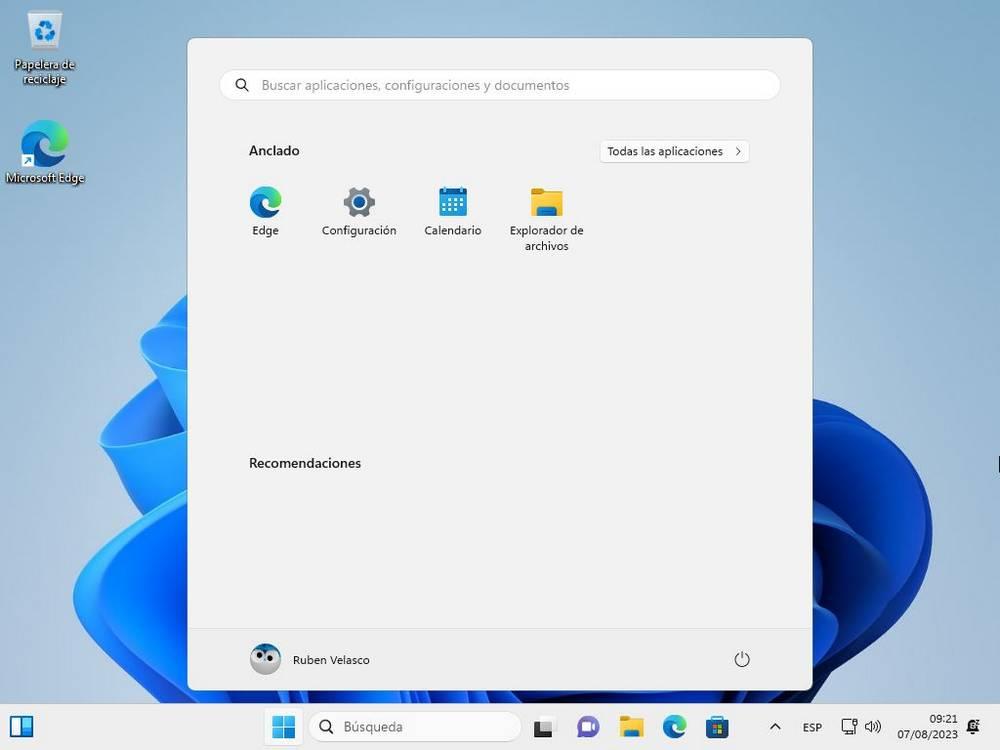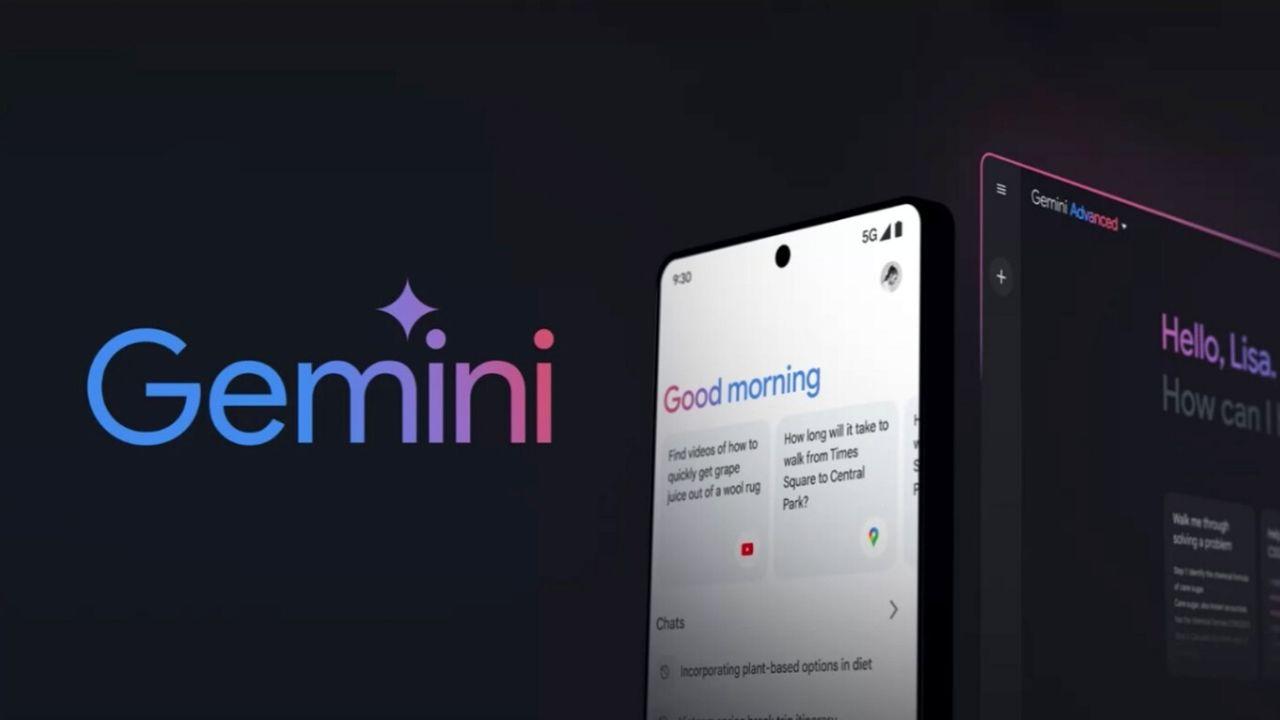Windows 11 represented an important change in the necessary hardware requirements with respect to Windows, leaving out millions of computers that, in theory, could move it without any problem. While we are still in the middle of the life cycle of Windows 11, different rumors have already begun to circulate that point to what the next version, Windows 12, will be like.
There are many Windows 12 design concepts that circulate on the Internet, some very striking, things as they are. However, these only focus on design not functionality. The latest rumor related to the successor to Windows 11 suggests that Microsoft wants to launch a version of its cloud-based operating system to combat Chrome OS.
Chrome OS is Google’s operating system for low-spec laptops, as it consumes very few resources and works in the cloud, that is, storing all content on Google servers and uses the search giant’s different web applications. . This operating system is widely used in educational environments due to its low price and because it includes the necessary applications to be able to do anything.
This specific version of Windows 12 will have the same desktop design that has traditionally accompanied us in the latest versions of Windows so that users can get used to the design of this operating system when they move to a full version of Windows.
Microsoft goes for the educational sector
This would not be Microsoft’s first attempt to present itself as an alternative to Apple’s iPad and Google’s Chromebooks. Windows 10
The main drawback of Chrome OS is the number of applications available in the store, applications always based on the mobile interface and the vast majority of which are not optimized for this device.

If Microsoft does things right and allows you to install all types of applications, at least those available in the Microsoft Store, this type of device will be a real and more than valid alternative to the limitations of Chrome OS.
The company founded by Bill Gates demonstrated with Edge Chromium that, if it puts its mind to it, it knows how to do things very well. The new version of Edge based on Chromium is currently one of the best browsers on the market, not only for offering support for the same extensions as Chrome, but also for being the native Windows browser.
This integration allows it to consume very few resources compared to any other third-party application that we can install, especially when we talk about browsers, browsers that consume a lot of resources, especially when the number of tabs we have open is very high.
If we take into account that the life cycle of Windows 10 has been 6 years, it is assumed that Windows 11 will have the same, so until 2027 we should not expect a new version of Windows, a new version that will probably also introduce new features in when to requirements just like Windows 11 did.















